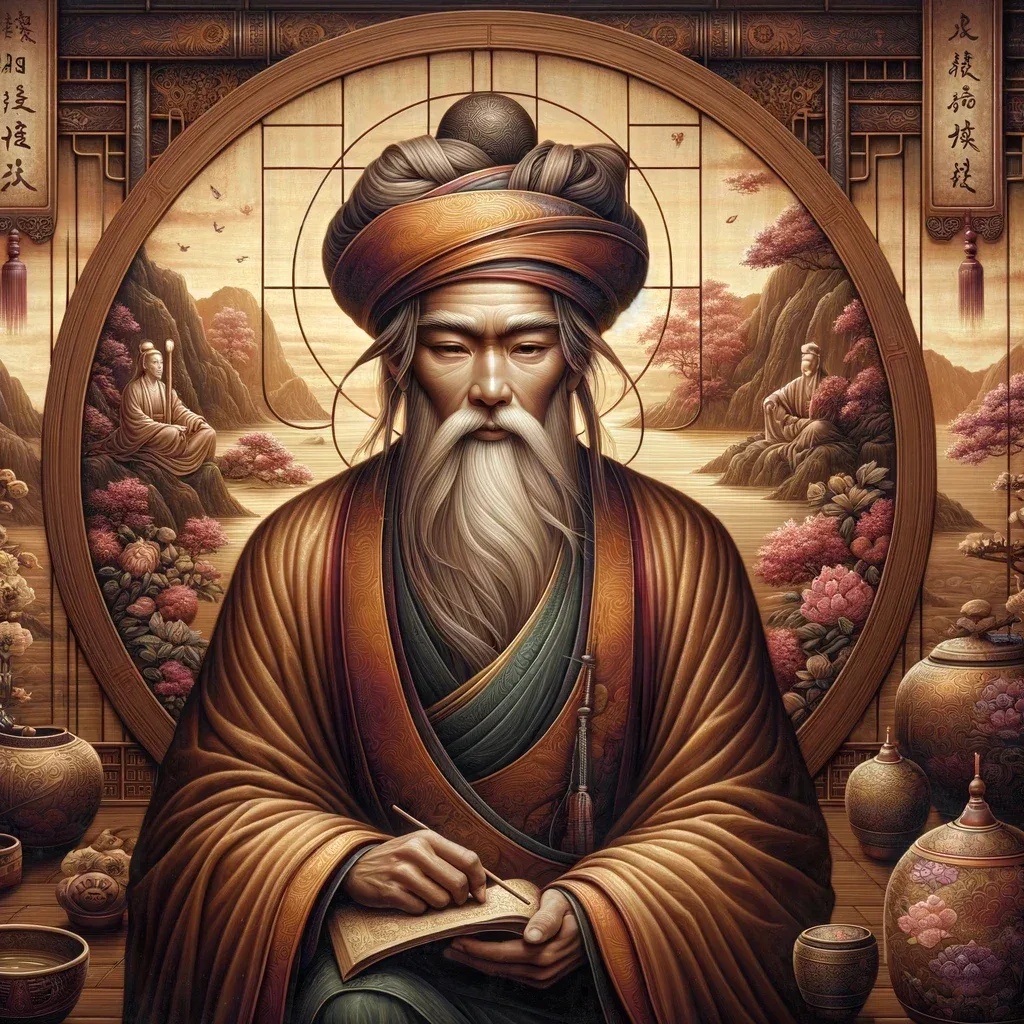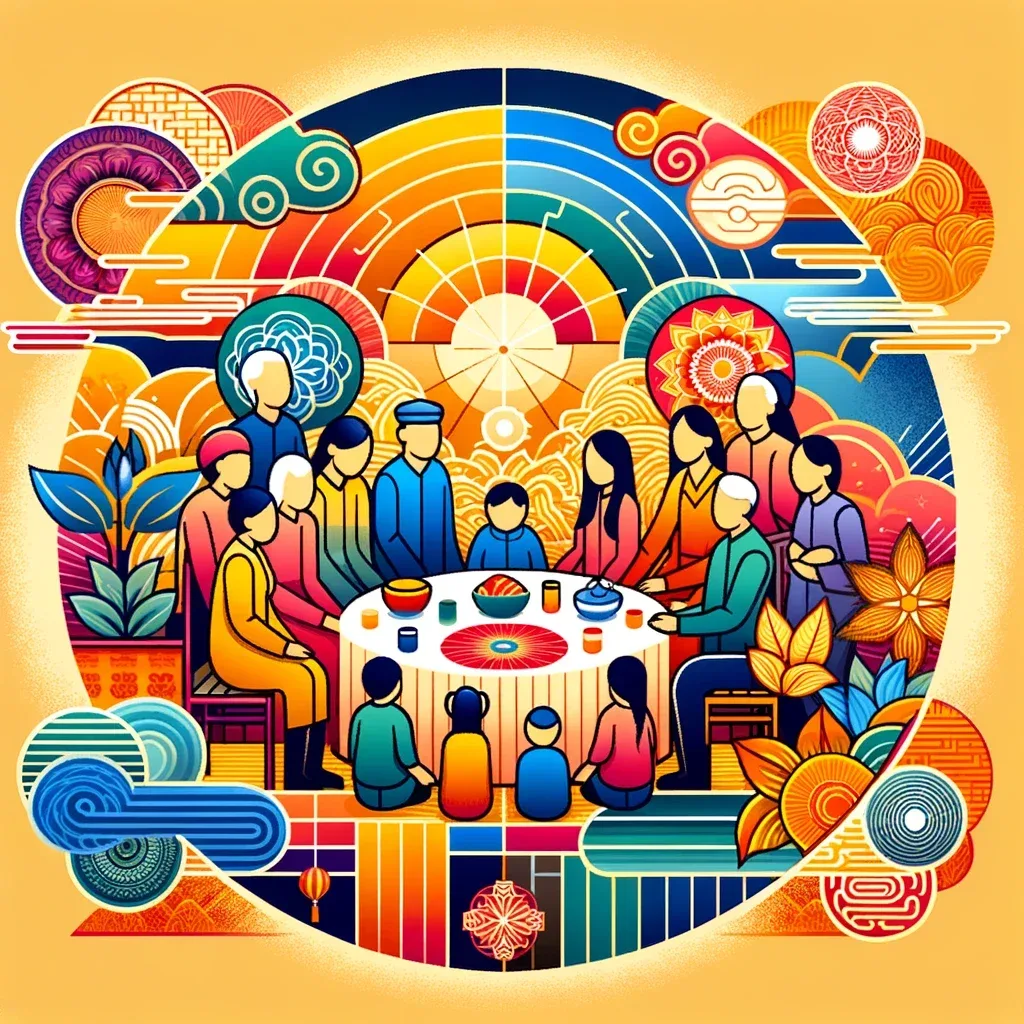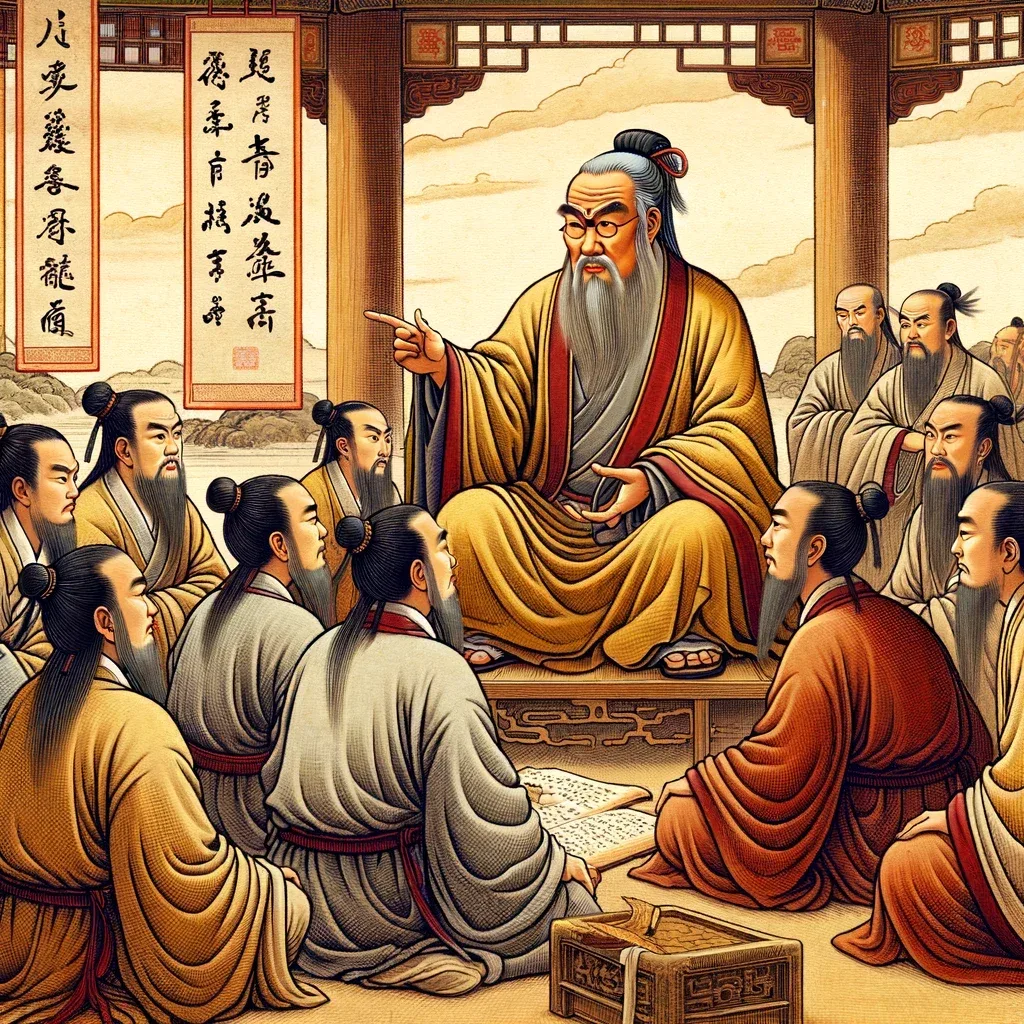Eastern ethics, a mosaic of philosophical and moral traditions emanating from Asia, offers a rich and diverse view of ethical principles and human behavior. This article addresses in depth the various aspects of Eastern ethics, exploring its origins, fundamental principles, cultural influences and practical applications. By understanding Eastern ethics, we gain valuable insights into different philosophical and moral perspectives that have shaped and continue to influence societies around the world.

Historical Roots of Eastern Ethics

Ancient Origins
Eastern ethics has its roots in ancient Asian civilizations, where philosophies and religions such as Hinduism, Buddhism, Taoism and Confucianism emerged. These philosophical systems offer a rich tapestry of ethical ideas, many of which continue to be fundamental in Eastern societies to this day.
Philosophers and Fundamental Texts
Great philosophers such as Confucius, Laozi, and the historical Buddha were central figures in the formation of Eastern ethics. Texts such as Confucius’ “Analects”, Laozi’s “Tao Te Ching” and Buddhist “Sutras” serve as ethical and spiritual guides.
Cultural and Philosophical Diversity
Eastern ethics are not monolithic. It comprises a diversity of practices and beliefs that vary significantly between different cultures and regions in Asia. This diversity reflects the complexity and richness of Eastern ethical traditions.
Key Principles of Eastern Ethics

Harmony and Balance
Many Eastern ethical traditions emphasize the importance of harmony and balance. In Taoism, for example, the concept of Yin and Yang symbolizes the interdependence and balance of opposing forces.
The Role of Family and Community
In Confucianism, family and community occupy a central place. Confucian ethics promote values such as filial piety, respect for the elderly, and the importance of harmonious relationships.
Non-violence and Compassion
Buddhism and Hinduism, with their emphasis on non-violence (Ahimsa) and compassion, offer an ethical approach that values the life and well-being of all beings.
Eastern Ethics in Practice

Influence on Everyday Life
Eastern ethics profoundly influence everyday life in Asian societies. From business practices to personal interactions, Eastern ethical principles shape behaviors and attitudes.
Applications in the Modern World
In the globalized world, Eastern ethics offers valuable perspectives on sustainability, business, health and well-being. Practices such as mindfulness and meditation, with roots in Eastern ethics, have gained worldwide popularity.
Teaching and Education
Teaching Eastern ethics in schools and universities contributes to a broader understanding of morality and philosophy. This promotes intercultural dialogue and mutual understanding.
Conclusion

Eastern ethics, with its rich history and diversity of thought, offers a unique and valuable perspective on morality and human behavior. Its influence transcends cultural boundaries, providing essential lessons about harmony, respect and compassion. By exploring and applying the teachings of Eastern ethics, we can find paths to a more balanced and meaningful life.
FAQ about Eastern Ethics
This FAQ addresses the most common questions related to Eastern ethics, offering a deeper understanding of its principles, traditions, and impact on modern life.

1. What is Eastern ethics and what are its roots?
2. Who are the key philosophers in Eastern ethics?
3. How does Eastern ethics differ from Western ethics?
4. What is the role of family and community in Eastern ethics?
5. How do Eastern ethics influence everyday life in Asian societies?
6. What are the key concepts of Taoism in Eastern ethics?
7. How is non-violence viewed in Eastern ethics?
8. What are the modern implications of Eastern ethics?
9. How does Eastern ethics approach the issue of human suffering?
10. How can Eastern ethics contribute to intercultural dialogue?

This FAQ provides a comprehensive and detailed overview of Eastern ethics, addressing its most important and relevant facets for contemporary understanding.





